Thom Scott-Phillips (Central European University): “The Art Experience”
Art theory has consistently emphasised the importance of situational, cultural, institutional and historical factors in viewers’ experience of fine art. However, the link between this heavily context-dependent interpretation and the workings of the mind, and its evolution, is often left unexamined. Drawing on Relevance Theory—a prominent, cogent and productive body of work in cognitive pragmatics—I argue that fine art achieves its effects by prompting the use of cognitive processes that are more commonly employed in the interpretation of words and other stimuli presented in a communicative context. Institutional factors effectively co-opt these processes, which are distinctive of human communication, for new ends, allowing viewers to achieve cognitive effects that they otherwise would not. These insights provide evolutionary and cognitivist backing for an Institutional Theory of Art, such as that put forward by Arthur Danto. More generally, we situate and describe the Western fine art tradition as a phenomenon that is a consequence of both the cognitive processes involved in distinctly human forms of communication, and of cultural norms, practices and institutions.
Thom Scott-Phillips is a Senior Research Scientist in the Social Mind Center and the Department of Cognitive Science, at Central European University, Budapest.


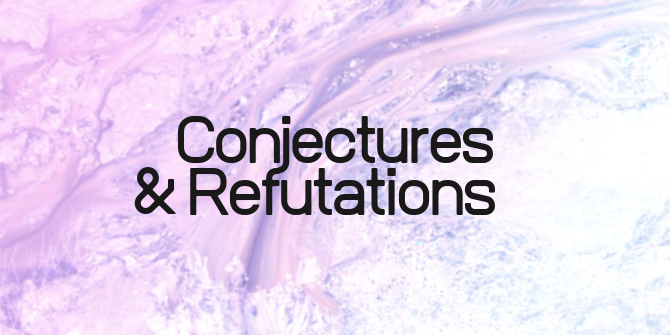


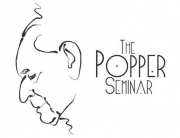

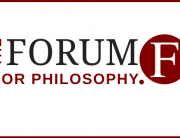
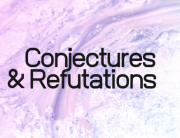


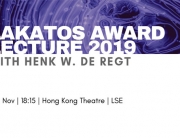

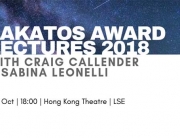


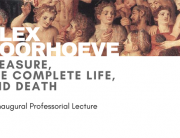
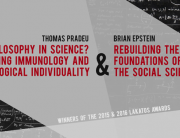

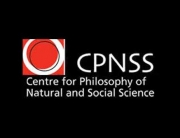


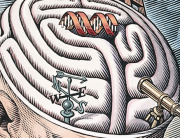
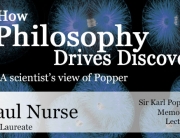
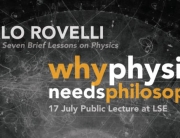


Connect with us
Facebook
Twitter
Youtube
Flickr